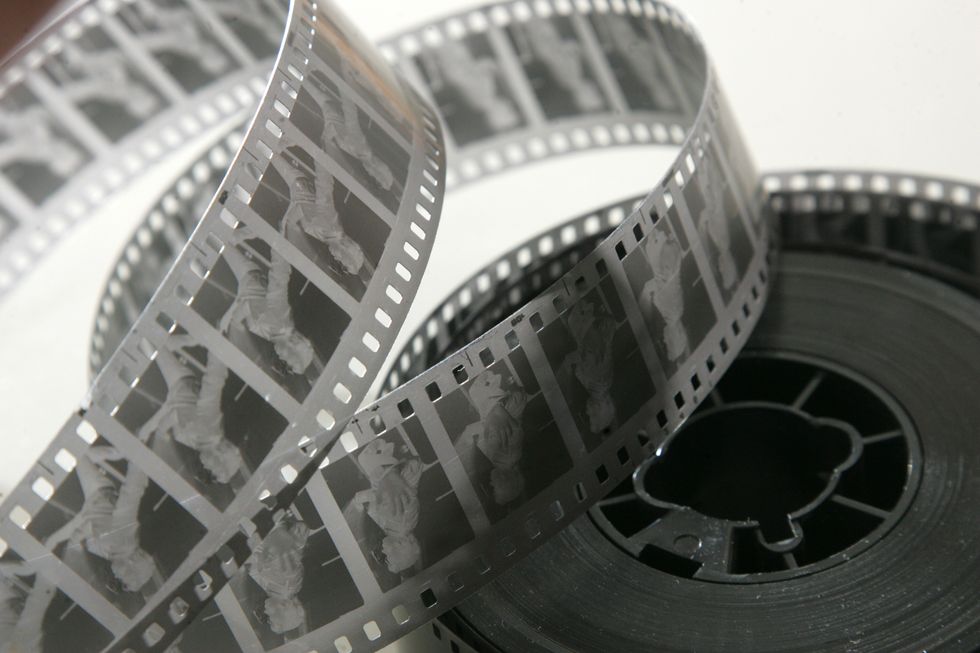When studying film and film history, you are guaranteed to come across the term "Auteur Theory" somewhere in your studies. "Auteur Theory" is often defined as the idea that the director of a film assumes authorship of that film, similar to the author of a play or novel. The word auteur is seen so positively within the film industry that it is viewed as a badge of honor and respect by those directors who receive that description by their peers.
Auteurs are often viewed as "real artists" with a specific vision and message that they try to tell through their preferred form of art. Auteur also displays certain patterns within their bodies of work that give their films a unique style that makes them recognizable. You could know nothing about a film or who made it, but watching just a few minutes of it you could probably guess who made it by the stylistic choices and patterns within the film.
Auteurs have had a great positive influence on film. Before "Auteur Theory" film was not respected as a form of art worthy of preserving; this is why almost half of the films made before the 1950s have been lost to time. Thanks to the elevation of film to an art form, people have gone to great lengths to preserve films and we now have a wider pool of various artists' work to watch and learn from.
The idea of the auteur has also led to a greater amount of creative control to be put into the hands of the artist, a.k.a. the people who usually know what they're doing when making a film. This theory and the respect that comes with the idea of the auteur have done a lot to help film grow and thrive. However, many people seem to ignore some of the negatives that come with the overblown emphasis that's put on this theory and its importance.
For instance, assigning authorship to one person for a film is inherently problematic due to the very nature of film as a collaborative effort. The director is often described as the author of a project due to the fact that they act as the guiding creative hand of the project. While this is true, it ignores other creative fields that are just as important creatively as a director.
Does the director's film still turn out great if he doesn't have writers to help punch up the dialog? Is the director's vision possible without a lighting team or a professional cinematographer? A great film usually doesn't come from just one person, but a team of great people working in unison to make the best film they can make.
"Auteur Theory" has, unfortunately, sidelined many of these important positions, because they needed to find one position to act as the singular "vision" of a film so it could be elevated to an art form (the idea the art only comes from a singular author, no matter the field of art, is an inherently problematic preconception).
"Auteur Theory" and the importance it places on unique style and patterns, unfortunately, leads to the elevation of lesser filmmakers to the level of an auteur.
One example is mister explosion himself, Michael Bay. Many people, myself included, have gone into great detail describing the problems with Bay's work (the shallowness, lack of coherent plot, lack of likable characters, and too many explosions), but these give his films a unique style that can't be found anywhere else. Does this mean that he is elevated to the status of auteur and deserves more respect than more competent directors who don't have a unique style, like J.J. Abrams or Chris Columbus.
The problem with this theory is that it creates a narrow-minded idea of what a "true" artist of a film is. I don't think that the idea of the auteur should go away, but it should be expanded to many of the other fields within a given film equally.
Art should not be restricted to this singular idea of what an artist is and it definitely shouldn't give directors an inflated sense of self-importance over all else. The last thing "Auteur Theory" needs to do is inflate the egos of directors who don't deserve it.















